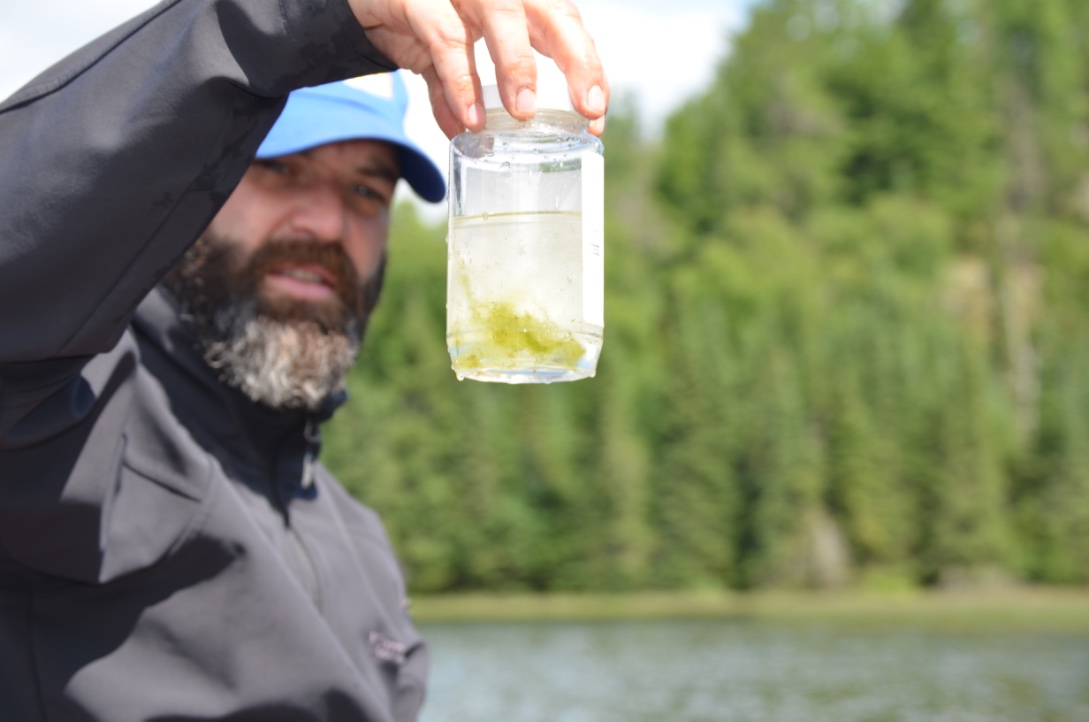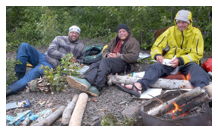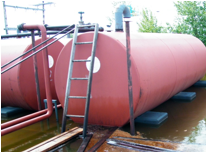Dr. Robert Stewart leads up the Freshwater Coastal Management Research Group at Lakehead University housed in the Department of Geography. This interdisciplinary group examines issues pertinent to freshwater coastal regions including:
1) The near shore environment and the evaluation of sediment and water quality, fish contaminates, and other factors affecting or affected by the water column.
2) The watershed (source waters) to the coastal region, which includes the examination of the terrestrial environment for point and non-point source pollution (stormwater assessment, impervious surface mapping, etc).
3) Coastal Zone Management, examining the governance structures managing the freshwater coastal zone.
4) Community Action Research is an important aspect for all research maintaining a balance of academic and applied research.
Current Projects
 
| Remedial Action Plan
We coordinate Remedial Action Plans (RAPs) along the North Shore of Superior. This program is focused on addressing water quality issues along the Canadian North Shore of Lake Superior. Current projects include stormwater assessment, beach closures (E. coli), Kama Creek rehabilitation, and shoreline naturalization. For more information about the remedial action plan please visit www.infosuperior.com |
| | |
 | Coastal Sensitivity to Human Disturbance
Three objectives were employed: 1. To determine sensitive geographic features of the archipelago; 2. To identify the potential human impacts and environmental changes to the islands, and; 3. To map the distribution of sensitive/significant features in relation to areas of human disturbance. A 50-day field research expedition through the Black Bay Peninsula Archipelago was conducted to assess impacts and generate an evidence-based inventory of sensitive coastal features. For more information please visit thewebsite. |
| | |
 | Source Water Protection
Drinking water must be protected from its source to the tap. We work with northern communities, including isolated fly-in communities on identifying threats to local drinking water sources. |





